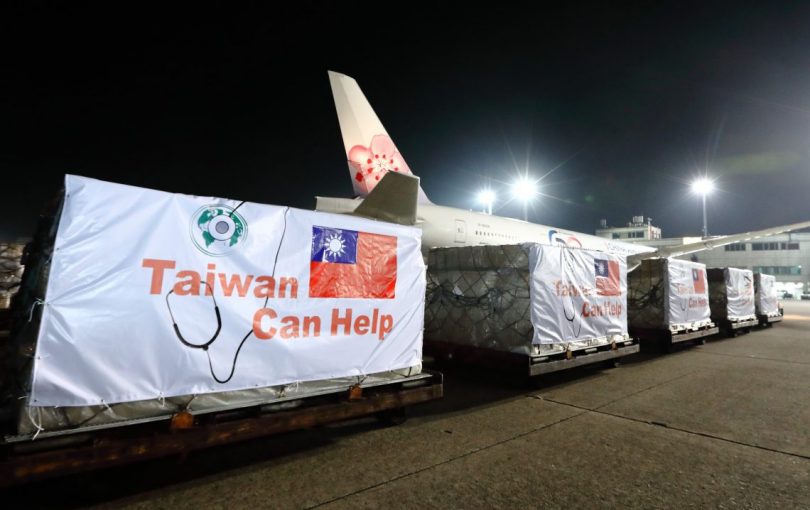The whole world has been fighting against COVID-19 since the outbreak started in the beginning of 2020. Taiwan, only 130 kilometers from mainland China, not only has numerous visitors from China, but also has many people working and studying in China. Considering Taiwan’s strong trade and travel ties with China, even Johns Hopkins University initially predicted Taiwan would be one of the hardest-hit countries in the world. However, Taiwan’s aggressive measures have paid off and successfully kept COVID-19 at bay.
Taiwan’s core strategies
Taiwan was able to avoid a widespread outbreak of COVID-19 for several reasons. First of all, Taiwan used hard-learned lessons from the Severe Acute Respiratory Syndrome (SARS) epidemic in 2003 and alerted the government to monitor the pandemic since early January. Secondly, the government quickly implemented strategies in response to the pandemic, including the following three core components:
- Centralised management: The government established a Central Epidemic Command Center to coordinate the response: strengthening quarantine measures, requesting people to wear masks when they are outside, announcing travel and entry restrictions, tracing the contacts of infected people and monitoring passengers for fever or respiratory symptoms when they returned from abroad.
- Rapid policy implementation: To minimise the risk of the pandemic spreading, officials took swift measures to urge the public to reduce social contact and advised working from home. Furthermore, as new symptoms were recognised over time, the Central Epidemic Command Center rapidly adjusted policies, such as updating reporting guidelines and inspection definitions.
- Technology application and real-time databases: The Taiwan government has used technology to provide more effective approaches for immigration clearance and purchasing face masks, such as the Entry Quarantine System and the Name-Based Mask Distribution System.
The Entry Quarantine System allows passengers to fill their health declaration form online before arriving at their destination. Not only does this system speed up the process of immigration clearance, it also connects to the National Health Insurance Administration’s existing database to alert doctors of their patients’ travel history for better coordination with monitoring quarantines.
Due to the link of digital systems, the government is able to quickly analyse the implementation of measures in real time. The Name-Based Mask Distribution System is available to citizens and foreigners who have a Resident Certificate and National Health Insurance (NHI) card, allowing people to buy masks both online and in convenience stores.
Through integrated systems, the government is able to assess and fine-tune the implementation of measures and policies, and help support disease surveillance and case detection.
Continuing the normality of day-to-day life
Although numerous countries have imposed mandatory lockdowns, Taiwanese life mainly continues as per normal. Detection cameras are set up in the lobby of companies and department stores. When people enter a building, they need to check their temperature, and there are alcohol disinfectants inside or outside elevators. Although international travel has largely been banned, Taiwan is not under any lockdown. School has not been cancelled, restaurants and cafes remain open, and people are able to use public transport everywhere as long as they wear masks. Maintaining the way of life while keeping the virus’s disastrous spread under control has constituted Taiwan’s success in fighting this virus.
International assistance
While managing to contain the spread of the virus, Taiwan has also exercised its responsibilities as a member of the international community. Taiwan has donated millions of face masks and medical supplies, and has initiated international humanitarian assistance to its diplomatic allies and friends around the world in order to help both medical workers and people in need. For example, in the Pacific, Taiwan donated polymerase chain reaction test machines, infrared thermometers, medical masks, and forehead thermometers to the Republic of the Marshall Islands, Tuvalu, the Republic of Nauru, and the Republic of Palau. Taiwan is willing to share its experience and work together for the benefit of the whole world.
This post is part of the #COVID-19 and Asia series.


Hi, we are Fight COVID Taiwan and we built a website documenting English version of Taiwan’s CDC guideline and some experiences. Hope it would be helpful! https://fightcovid.edu.tw/